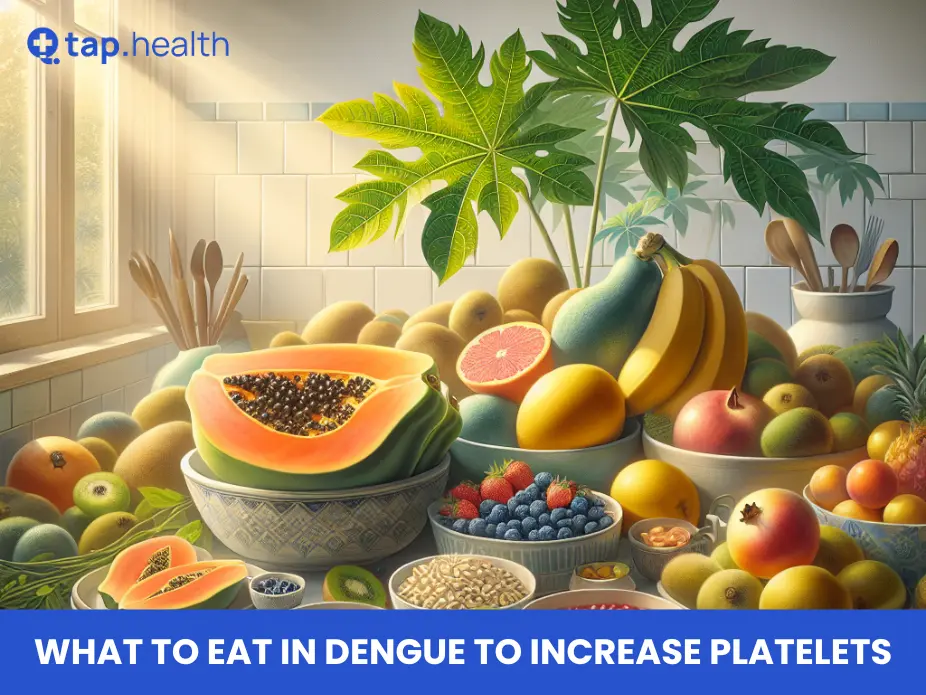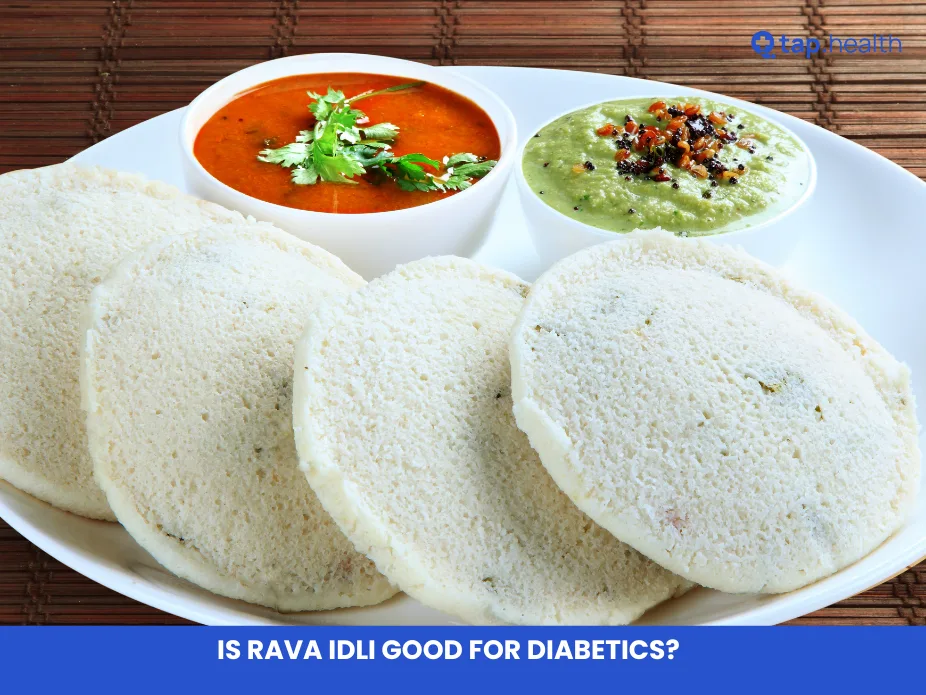Dengue fever is a serious danger to our health, especially because it affects our platelet count. This viral infection can lead to a big drop in platelets, which are important for blood clotting. Eating certain foods during dengue fever is key for recovery and helping to keep a healthy platelet count.
Understanding Dengue and Its Impact on Platelet Count
Dengue fever is a painful viral infection that comes from mosquito bites. One serious problem related to dengue is how it affects platelet count. The dengue virus harms the bone marrow, which is important for making platelets. Platelets are crucial for blood clotting.
When the bone marrow does not work well, it leads to lower platelet levels. This condition is called thrombocytopenia. A low platelet count makes it hard for the blood to clot correctly. This can result in severe bleeding inside and outside the body.
The Basics of Dengue Fever
Dengue fever comes mainly from the bite of an infected Aedes mosquito. It is caused by the dengue virus. This viral infection can cause many symptoms. You may experience a high fever, severe joint pain, headaches, muscle and bone pain, and rashes.
Most dengue cases are mild and will go away in a week or two. However, some cases can turn into severe dengue. This severe type can cause serious problems, like dengue hemorrhagic fever and dengue shock syndrome. These forms of dengue can be dangerous and need quick medical help.
How Dengue Affects Blood Platelets
The dengue virus affects how the body makes platelets in the bone marrow. Platelets are small blood cells that help blood to clot. This clotting stops too much bleeding. When the dengue virus is present, it messes up how the bone marrow produces these blood cells. This causes the platelet count to drop.
This decrease in platelets is called thrombocytopenia and is a key sign of dengue fever. When platelet levels fall too much, the blood can’t clot properly. This increases the chance of bleeding problems. These problems can be anything from minor bruises and nosebleeds to serious internal bleeding, which can be very dangerous.
Nutritional Strategies to Boost Platelet Levels During Dengue
There isn’t one special food that will quickly raise your platelet count. However, eating a healthy diet can help you recover and support your body when you have dengue fever.
Including foods that are high in vitamins, minerals, and antioxidants can make your immune system stronger and help you feel better faster. Some foods can also specifically boost your platelet levels, which is important for better blood clotting.
The Role of Hydration in Platelet Recovery
Staying hydrated is very important when you have dengue fever. This is because you can lose a lot of fluids from fever, sweating, and sometimes vomiting. Drinking enough fluids helps your body stay healthy and supports the recovery of your platelets.
Water is the best option for staying hydrated. You can also drink coconut water. It is full of electrolytes, which can really help. Coconut water restores your body’s electrolyte balance and fights dehydration, which are common when you have dengue.
Fresh fruit juices are great too, especially those that have Vitamin C, like orange juice. They keep you hydrated and give you a boost of antioxidants.
Key Nutrients Essential for Platelet Increase
Eating foods that are high in certain vitamins and minerals is important for increasing platelet production during and after dengue fever. Here are some nutrients you should focus on:
- Vitamin C: You can find vitamin C in citrus fruits like oranges and grapefruits, as well as in strawberries and vegetables like bell peppers. This vitamin is a strong antioxidant. It supports your immune system and might help with platelet production.
- Vitamin K: This vitamin is important for blood clotting. You can get vitamin K from leafy green veggies like spinach and kale.
- Folate: Folate is needed for cell growth and development. You can find it in foods such as lentils, spinach, and asparagus.
- Zinc: Zinc helps with immune function and healing wounds. Foods rich in zinc include pumpkin seeds, chickpeas, and nuts.
Top Foods to Incorporate for Platelet Increase
Eating the right foods is important for helping your body during dengue fever. Certain foods can really help raise your platelet count. These foods have important vitamins and minerals. They can also help your body make more platelets.
For example, papaya is a popular fruit known for its benefits. Other fruits and vegetables that are easy to find can also help. By adding these foods to your diet, you can support your recovery from dengue.
Papaya and Papaya Leaf Extract: A Natural Platelet Booster
Papaya, especially papaya leaf extract, is seen as a strong natural option for raising platelet count, especially in dengue cases. Papaya leaf juice is a traditional cure for dengue fever. It is thought to help produce more platelets. Although more studies are needed, some research shows positive signs that eating papaya leaf extract may lead to a higher platelet count in dengue patients.
The exact way papaya leaf works is not clearly known. It is believed to have compounds that might help make platelets in the bone marrow. Adding papaya fruit and papaya leaf juice to your meals while having dengue fever may help in recovering platelet levels naturally.
Pomegranate and Its Effectiveness in Platelet Enhancement
Pomegranates are full of antioxidants and have many health benefits. They are a good source of iron, which helps make healthy red blood cells. This, in turn, may help increase platelet count. While studies are still looking into how pomegranates directly affect platelet levels, their nutrients can be a good part of a diet for those with dengue.
In addition, pomegranates have a lot of Vitamin C, which helps the immune system. Eating pomegranate seeds or drinking juice can be a tasty way to support overall health and may help you maintain a healthy platelet count.
The Benefits of Green Leafy Vegetables
Green leafy vegetables like spinach, kale, and lettuce are full of important vitamins and minerals. They are rich in Vitamin K, which plays a big role in blood clotting. Vitamin K helps make prothrombin, a protein that is needed for healthy platelet function and blood clot formation.
Eating enough green leafy vegetables means your body gets the Vitamin K it needs. This is very important for good blood clotting. It is especially crucial during times like dengue, when platelet counts can drop.
Incorporating Protein-Rich Foods for Platelet Production
Protein is very important for healing and recovery in the body. When you have dengue fever, it’s crucial to eat enough protein. This helps your cells repair and grow, including making platelets. Adding protein-rich foods to your meals can help you recover faster and easier.
Good sources of protein include lean meats, fish, eggs, lentils, beans, and nuts. These foods give your body the amino acids it needs for cell growth and repair.
Foods to Avoid During Dengue Recovery
A healthy diet is very important when you have dengue. However, some foods and drinks can make it harder to get better. It’s best to stay away from processed foods, sugary drinks, and caffeine. These can stop your body from healing properly.
Also, spicy and oily foods can upset your stomach and cause pain, especially when you are getting over dengue. It is better to choose bland and easy-to-digest foods instead.
Processed Foods and Their Negative Impact on Health
Processed foods have lots of unhealthy fats, salt, and fake ingredients. They don’t give your body much nutrition and can cause inflammation. When you have dengue fever, it’s important to stay away from processed foods. They can make your immune system weaker and make it harder for your body to fight the infection.
These foods can also get in the way of your body soaking up important nutrients. This can make recovery harder. Instead, focus on eating whole, unprocessed foods. This includes fruits, vegetables, and whole grains. They give your body the nutrients it needs to recover from dengue fever.
Foods That May Further Lower Platelet Counts
Some foods are safe to eat most of the time. However, they can harm how platelets work or lower their numbers, especially during dengue. Researchers still need to study how these foods affect platelets, but it is a good idea to eat them only in small amounts.
Foods that are high in saturated and trans fats, like deep-fried items, can hurt your heart and disrupt blood clotting. Drinking too much alcohol can also affect your bone marrow, which means it might lower your platelet production.
Frequently Asked Questions
1. What is the Ideal Platelet Count for Dengue Patients?
For dengue patients, keeping a healthy platelet count is important. Normally, a platelet count should be between 150,000 and 450,000 platelets per microliter of blood. If the count drops below this range, it is known as thrombocytopenia. This situation needs quick medical help.
2.How Quickly Can Diet Impact Platelet Count?
A healthy diet is important, but you can’t quickly raise your platelet count just by eating. Still, giving your body the necessary nutrients can help with platelet production and support your overall health. This can lead to a slow but steady recovery.
3. Are There Any Quick Fixes to Increase Platelets?
There are no quick fixes that are scientifically proven to boost platelet count. Some people think that foods like papaya leaf extract and herbal teas can help. However, these are not a replacement for proper medical treatment.
4.Can Dengue Platelet Decrease be Prevented Through Diet?
A healthy diet helps with overall health. However, it is not enough to stop a drop in platelets caused by dengue. To prevent dengue, the main focus should be on avoiding mosquito bites. This can be done by using mosquito repellents and nets.
References
Food Diet For Dengue Patients – What To Eat And What To Avoid
Thrombocytopenia (low platelet count) – Diagnosis and treatment – Mayo Clinic



